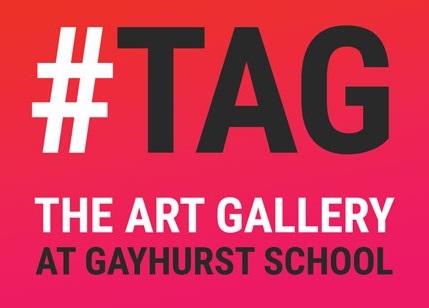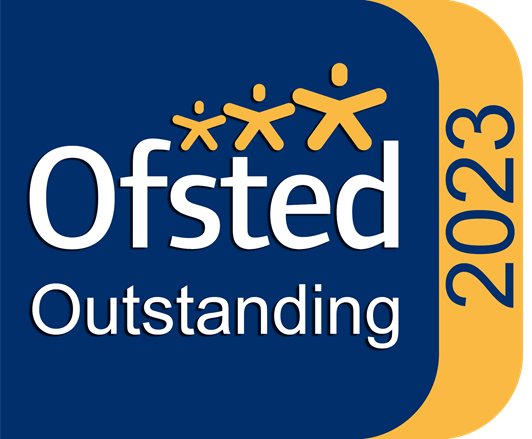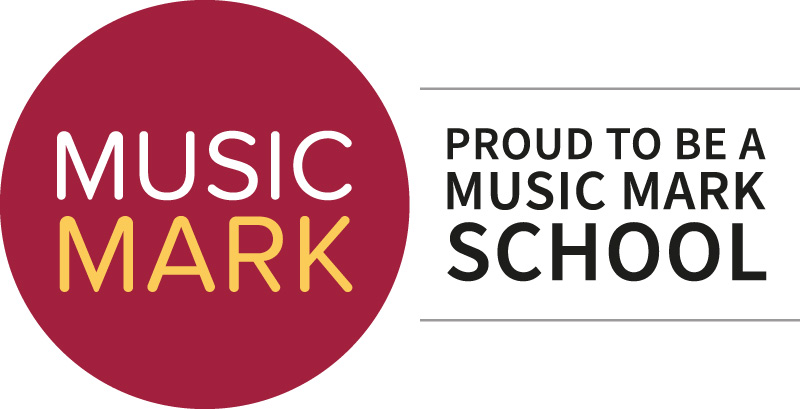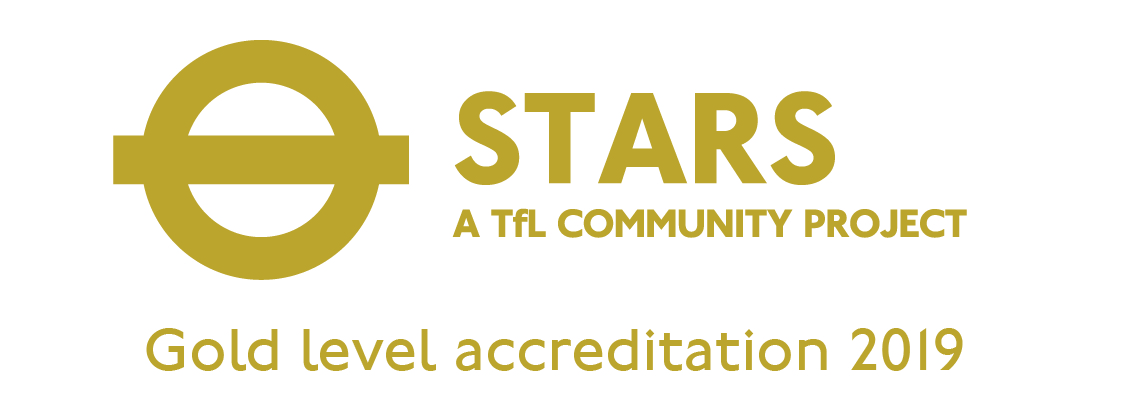E-Safety Information for Parents & Carers
At Gayhurst School we believe that we all have a role to play in ensuring that children are kept safe whilst using technology. Children have access to an ever-increasing range of technology that links to the internet, including tablets, phones, TV’s and games consoles. A large proportion of their exposure to and use of the internet takes part outside of school.
To support safer internet use in a collaborative way, we run separate parent and carer E-safety Sessions for EYFS /Key Stage 1 parents and carers, and another session for those with children in Key Stage 2. Ask your child’s class teacher for further information on the next scheduled sessions.
Below you will find a range of useful resources and links to advice which can help you to keep your child safe in the digital world.
- Don’t be afraid to set boundaries for your family in the digital world as you would do in the real world
- Get comfortable with the technologies your son or daughter enjoys – challenge them to a game on the Xbox or PlayStation or learn how they communicate with friends or people they don’t know, via gaming and social networking sites such as Musicl.ly. This may not be the same way that you use apps such as Whatsapp.
- Talk openly with your child to understand what they post and share online and help them understand that once something has been submitted, it can be seen by anyone and is available on the web forever, even if the photo/video/comments are taken down/deleted.
- Social networking websites, games consoles and search engines all have Parental Controls/Tools that can assist you in locking down features of the technology to make it more child friendly. Remember when you first download an app, the settings will be set to ‘public’.
- Ensure that you have conversations about all the incredible benefits that technology can bring but don’t shy away from difficult subjects like responsible online behaviour, bullying and pornography
- Expensive technology can make your child a target of criminals so remind them to keep any device well hidden to minimise the risk of theft
Remember that services such as Instagram and Facebook require the individual to be at least 13 years of age. This means that issues children under that age experience using such sites, are not often acknowledged or addressed by the providers.
Websites for information and support:
The NSPCC site has great resources tailor made to help parents have positive conversations with their children about online safety. https://www.nspcc.org.uk/preventing-abuse/keeping-children-safe/share-aware/
Net aware is a fantastic site that explains different apps and is regularly updated. It also has children’s opinions on what is good, and what can be upsetting, on each app. Lots of advice on how to change the settings of apps to make them safer. https://www.net-aware.org.uk
This site gives advice to parents and carers, and hosts Safer Internet Day each year. https://www.saferinternet.org.uk
CEOP is the National Crime Agency’s Child Exploitation Online Protection Command. Amongst other information, it provides a child friendly way of reporting inappropriate or criminal online behavior. Parents and carers, children and professionals can report criminal online activity through the site. https://ceop.police.uk/safety-centre/
ThinkUknow, ChildNet and ParentPort give advice and support to inform parents and carers:
https://www.thinkuknow.co.uk/parents/
http://www.childnet.com/parents-and-carers
http://www.parentport.org.uk/top-tips-for-parents/
CEOP and ParentZone have worked together to make another site of useful studies, research and resources. http://parentinfo.org/article/digital-resilience-a-parents-guide
The sites below advise on the issues of online bullying and the ways in which children can be supported to avoid bullying themselves, and how to act if bullied.
http://www.bullying.co.uk/cyberbullying/what-is-cyberbullying/
https://www.internetmatters.org/issues/cyberbullying/deal-with-it/
Making devices safer
Smartphones: https://www.saferinternet.org.uk/advice-centre/parents-and-carers/parents-guide-technology/smartphones
Tablet and eReaders: https://www.saferinternet.org.uk/advice-centre/parents-and-carers/parents-guide-technology/tablets
Gaming devices: https://www.saferinternet.org.uk/advice-centre/parents-and-carers/parents-guide-technology/gaming-devices
Across LEAP we promote the skills to behave 'SMART' online (see link below) - this is a simple acronym to help children remember the rules when using the internet. There is also a PDF below of a poster which can be downloaded and printed off to put up for your child to refer back to when browsing the web:
https://www.childnet.com/resources/be-smart-online









